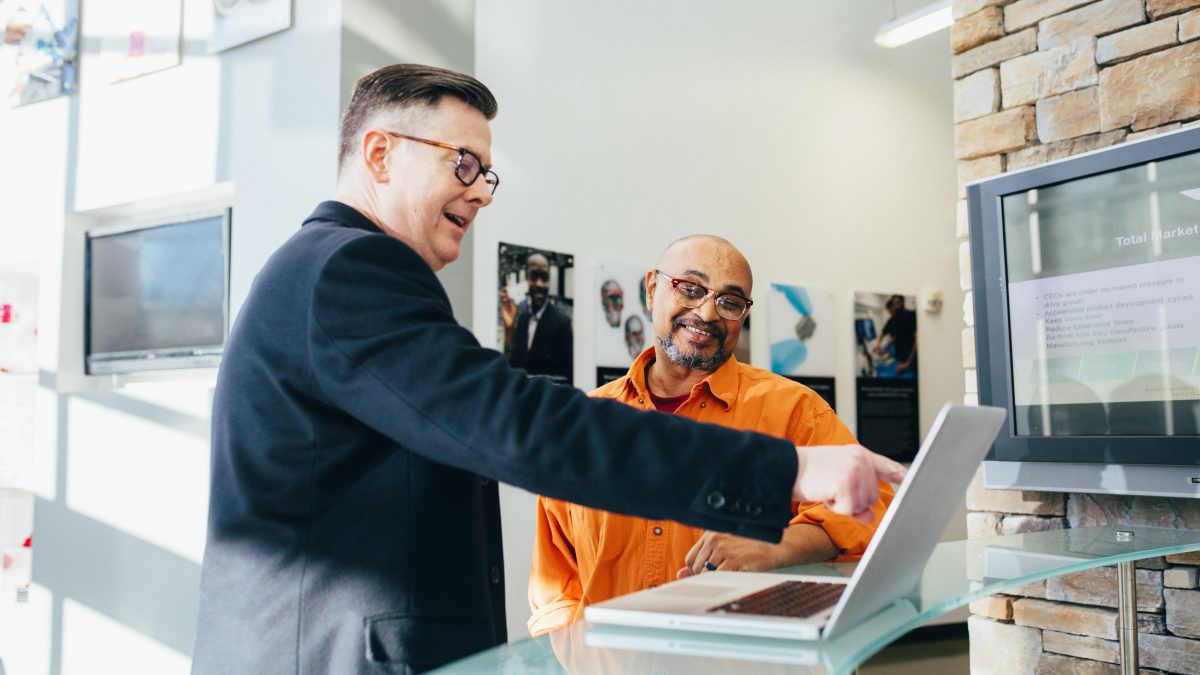Remembering Management By Walking Around

We haven’t heard the acronym MBWA for quite some time. When we mention it to our younger customers, they assume it’s a gender-specific business education. Actually, it stands for Management By Walking (Wandering) Around, a phrase apparently coined by managers at Hewlett-Packard (now HP) in the ’70s.
What is Management by Walking Around?
MBWA suggests that you can gain a lot of insight into your organization and people if you drop by unplanned and without an agenda. At first, this may seem threatening as judgement or micro-management. For this reason, the leader needs to suppress impulses to give unrequested advice. The beauty of an unplanned visit is that the employee is operating in their natural work environment and hopefully operating in flow. There’s no better way to learn the realities of an employee’s role short of doing the job yourself.
But Who Has the Time?
Before we get to the modern logistical realities of flexible work schedules and virtual workforces, let’s ask a more basic question: what self-respecting manager has time to wander around these days? Everybody has way more on their to-do list than there are hours in the day. People like to refer to themselves as “working managers.” Senior leaders boast their managers are almost fully “utilized” in operations or in chargeable work.
Wandering around has clearly lost its perceived value. However, on this topic, perception is not reality. There remains no more valuable time spent as a leader than informally interacting with your team. It builds trust which leads to vulnerability and vice versa. It exposes work habits and demands that the employee might not even notice. It’s basically the unfiltered data that a leader needs to consider adjustments to support their team. New leaders need to be coached on how to prioritize their time in such a way that they can still find time to wander around.
The New Reality
So, what about the new realities that leaders and their people may not be in the same place or somewhere at the same time? This is where leaders earn the big bucks. If the person works from home, calling them on the phone or video conferencing is likely their natural modus operandi. Give them a call to just say hi every once in a while. Better yet, meet them at a coffee shop if they are within driving distance. Build rapport and open the lines of communication for when they are really needed.
